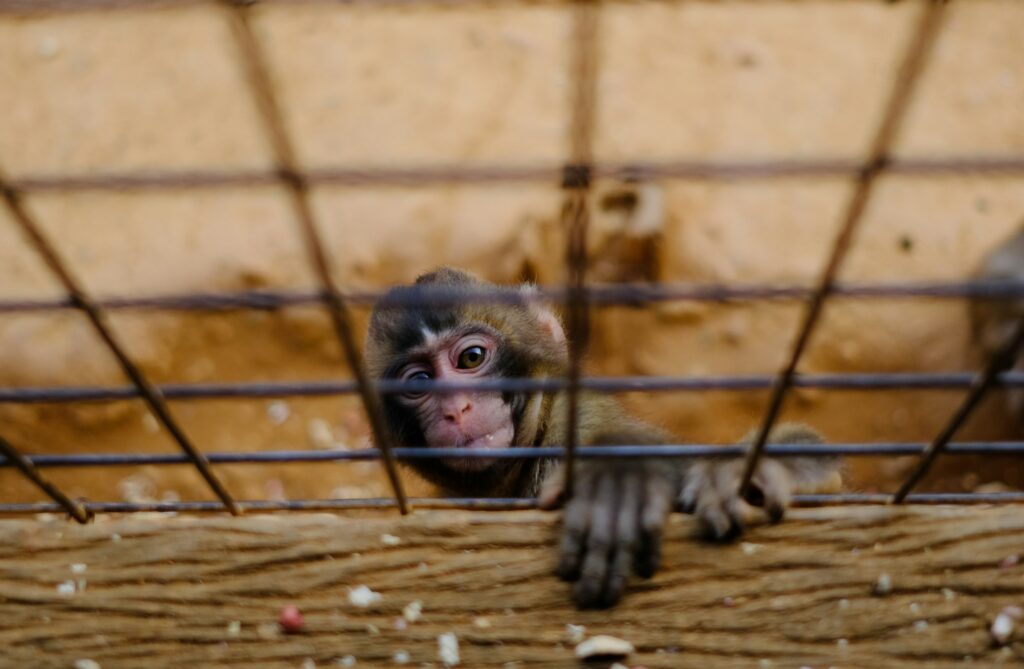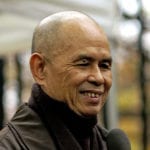Thích Nhất Hạnh, Buddhist monk and proponent of engaged practice, counsels us: Do not avoid suffering or close your eyes before suffering. Find ways to be with those who are suffering, and by such means awaken yourself and others to the reality of suffering in the world.
Thinking of metta, this loving kindness which sits at the heart of practice and functions on the basis of an unqualified turning towards, it’s clear why. Practicing to cultivate a kinder heart, one that can take others in with less and less stipulation and provisionality, is transformative. The quality of my experience tangibly begins to change. I can be more in touch with myself, more intimate with life, and reality begins to open up to me. But in order to practice this, I have to be willing to meet, to engage with things as they are both in myself and in the world at large.
Antipathy is limiting, discriminating and holding preferences gets in the way of my abilities to practice effectively, even, especially perhaps in relationship to the things that I don’t like. And this is the basis of Thích Nhất Hạnh’s words. Turning towards suffering, the meeting of a kind heart with suffering, is the arising of compassion, and my practice needs that. Meditation and inner work I know to be revolutionary in their way, but it takes so much more than that. It’s in the meeting. And where else am I going to test my practice to its limits.
It’s not to wait around and see if life and difficulty creep up on me, but to put my boots on, ready myself, and armed with the Dharma, walk into the heart of the places where it’s needed.
Resilience, qualities like durability, strength, buoyancy, all of these are expressions that I want in the character of my practice if I’m going to be able to take it seriously. A kindness which withers at the first sight of aggression, a stability shaken by the first encounter with blood, a clarity immediately clouded by the confrontation of uproar, are qualities close to fantasy.

However deeply the belief in the veracity of my own practice goes, until I take it out I just can’t know how much it’s capable of. Walking the talk or in this case, working the inner work, practice in action, is a great way to check.
Assumptions and faith aside, I can begin to discern how practice behaves, where it needs tending to. And in the gradual emergence of more resilience, witness the deepening support of a ground of practice that I can trust and count on. The Buddha was always at pains to encourage people not to take his word for things, but to test them out in their own experience. And that’s what seems so important to me, that things get tried out. Courage of course is required here. Testing practice opens us to the possibility of failure, to the looming specters of not kind enough, not strong enough, or whatever other ways our practice might fail to live up to reality.
I went straight out of my first silent retreat into one of the camps for Climate Action. A few meetings of a hundred plus activists making decisions by consensus, and the first day of police brutality were enough to completely crack any kind of attempt at maintaining mindfulness. I was full of rage and fear, and while a large part of me just wanted to get out of there, away from the pain of my shortcomings and back to more practice supportive conditions, I had to ask if I wasn’t practicing for this, what was I practicing for?
Needless to say, throwing oneself in front of riot police isn’t the only way to test one’s practice. There are so many ways we each might choose to engage, but the point is that those 10 days of silence and meditation needed a reality check. That I got angry and afraid is understandable and doesn’t diminish I don’t think, the work done on that retreat, but it did put things in perspective. It did let me know that however blissful and tranquil I might manage to become given certain conditions, something else needed to happen. More was required if I was going to be able to really be of use to things that mattered to me.
Turning towards the suffering in the world can look like a burdensome prospect, but for me, it’s so clear that it’s not all about self-sacrifice or martyrdom. What does the world need? Responding to that is an essential exercise in stretching the heart, certainly, but it’s also about discovering what do I need? Bringing personal practice into relationship with something else, especially something that challenges it, is the discovery of it. And what I come into meeting with supports me to sit down with fresh eyes, curious, inspired perhaps, and with a new kind of humility. A humility which accepts that this practice depends on I meeting other, self meeting world. I couldn’t do it alone.
Do not avoid suffering is not a passive encouragement, but an active impelling. The tribulations of the world are painful to engage with, but testing practice, building its resilience and veracity in conditions that check and try it, isn’t an optional supplement. It’s not to wait around and see if life and difficulty creep up on me, but to put my boots on, ready myself, and armed with the Dharma, walk into the heart of the places where it’s needed. I want to apply my practice because it’s through its application that practice is revealed to me, moment to moment, daily and always.
You can listen to this talk from Alex here.
This article is a transcribed talk from the ecodharma audio series, Buddhist Reflections on Social Action, from members of the Ecodharma Centre Collective in September 2014. It is reprinted with permission.







